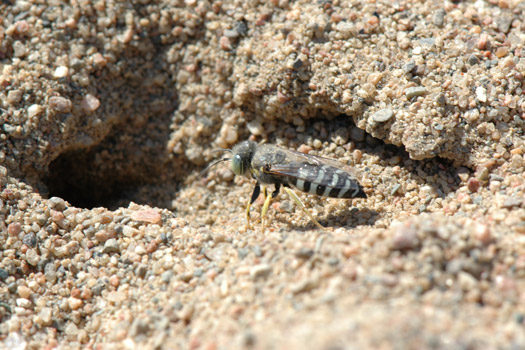AlertsTo keep you informed of important messages from the city! |
2024-04-15
April 15, 2024 - 6 pm - LIFT of the boil-water advisory issued on April 10 for civic numbers 762 to 786 (even) and 767 to 789 (odd) de Salaberry BoulevardApril 15, 2024 - 6 pm - LIFT of the boil-water advisory issued on April 10 for civic numbers 762 to 786 (even) and 767 to 789 (odd) de Salaberry Boulevard More details...
|
|
2024-04-15
April 15, 2024, 6 pm - LIFT of the boil-water advisory issued on April 11 for the sector comprised of Delmonte, Morley-Hill and Viney Streets, including civic number 17212 chemin Sainte-MarieApril 15, 2024, 6 pm - LIFT of the boil-water advisory issued on April 11 for the sector comprised of Delmonte, Morley-Hill and Viney Streets, including civic number 17212 chemin Sainte-Marie More details...
|
|
|
2024-04-18
April 18, 2024 - 12 pm - LIFT of the boil-water advisory issued on April 11 for civic numbers 2 to 16 (even) and 3 to 17 (odd) on Lancelot StreetApril 18, 2024 - 12 pm - LIFT of the boil-water advisory issued on April 11 for civic numbers 2 to 16 (even) and 3 to 17 (odd) on Lancelot Street. More details...
|


 What are these black and white insects hovering over our sandboxes in the summer? They are called sand wasps. They are most noticeable during July and August. Measuring less than two centimetres, they are black and yellow or black and white. As solitary insects, they do not build nests but lay their eggs directly in the sand.
What are these black and white insects hovering over our sandboxes in the summer? They are called sand wasps. They are most noticeable during July and August. Measuring less than two centimetres, they are black and yellow or black and white. As solitary insects, they do not build nests but lay their eggs directly in the sand.